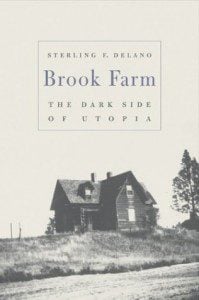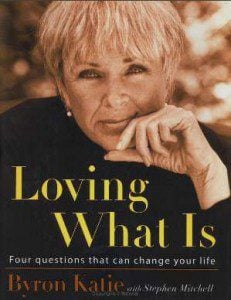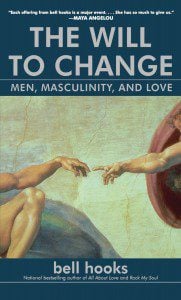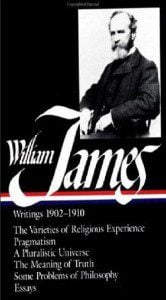During Ordinary Time in 2010, we studied The Gospel According to Mark. The following are the sermon titles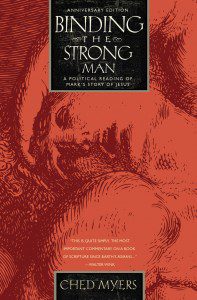 and a brief excerpt of the content. Most of the sermon titles are links to the full manuscript. Some of the earliest sermons in this series are not online, but copies are available on request:
and a brief excerpt of the content. Most of the sermon titles are links to the full manuscript. Some of the earliest sermons in this series are not online, but copies are available on request:
“What Is the Good News of Broadview?” (Mark 1)
The only reliably effective way of growing a church is for the current members of the church to tap into their existing social networks. As continue to discern how we want to move forward together, I will continue to invite you to consider your responses to questions such as: “What is the good news of Broadview Church?”; “What is the Gospel according to Broadview?”; and“Whom among your friends and family, acquaintances and co-workers might find our way of being church good news?”
“Reading the Bible with Mark’s Jesus?” (Mark 2)
What does it feel like to study scripture as a museum (bringing with you the tools of a historian, anthropologist, archaeologist, or literary scholar). To me, studying scripture as a museum, feels like the rational, hard-edged, deconstruction of the text that exposes the gaps, inconsistencies, and human fallibility behind the text. Consider how differently reading the Bible in a cathedral feels. Prayerfully reading scripture in a sacred space feels like a compassionate, soft-edged, living reconstruction of the text that is alive in the present moment and applicable to my life today. Finally, consider each word of the biblical text as a hyperlink, connecting us like the Internet to a never-ending web of free-association from words to images, and videos to maps. We encounter the Bible differently in different places and through different sensibilities and approaches. What are the implications of this shift in meaning for how you understand scripture and on how God is calling you to read scripture in different ways in the future?
“Find Out How Much Love the World Can Hold” (Mark 3)
How is God calling you to risk finding out how much love the world can hold? And how may God be calling you to respond when the world pushes back?
“Jesus’ Seed Parable and Merton’s New Seeds of Contemplation” (Mark 4)
What seeds have been sown around you? What has been the recent state of the soil of your mind . . . the soil of your heart . . . the soil of body . . . and the soil of your soul? What practices may God be calling you to do that can till the good soil of your heart, soul, mind, or body? Are there seeds that God has been sowing that in this moment you are ready to allow to be planted? What people or places or activities in your life is God inviting you to move away from — people or places or activities that are acting like birds, eating up the seeds God is sowing?Are there rocks or thorns that God is inviting you to trim, uproot, or let go of this morning? Be still and listen….
“Fuller Shades of Meaning” (Mark 5)
Our challenge then as Christians in the 21st-century is to do theology in a way that takes seriously the experience of traditional healers as well as the insights of modern medicine, that is open to the experience of a God that is beyond the bounds of our limited logic and perspective and that is equally open to the insights of modern science.
“Enough Is as Good as a Feast” (Mark 6)
“The Feeding of the 5,000 was both miraculous and God-inspired, but not magical or supernatural — only emblematic of what is always possible whenever individuals and groups open themselves to the transformative power of putting the love of God and neighbor into practice.”
“Jesus Had a Lot to Learn” (Mark 7)
The story of the Syrophoenician woman is among the strongest evidence available that both Jesus himself as well as the early church were part of an evolutionary process — that continues to this very day– in which we are continually being invited to learn just how much larger, more compassionate, and more inclusive God is then we are capable of realizing at any present moment.
“The Truly Human One” (Mark 8 )
Why did Jesus call himself, not “Messiah,” but “Son of Man”? Or in the translation I prefer: “The Human Being” or “The Human One.” I believe Jesus is saying, “Look to me as an example of what means to fully embrace the human experience, to make the most of your humanity, to be fully alive.” As the early church father Irenaeus would say more than a century later, “The glory of God is the human being fully alive!” We who seek to follow the way of Jesus are called not so much to believe doctrines about Jesus as to become a fully alive human beings as Jesus was.
“Practicing Transfiguration” (Mark 9)
What options are available to us beyond merely admiring Jesus’ Transfiguration? Or, said differently, from Moses to Elijah to Daniel to Jesus to today, what could it mean to talk about practicing Transfiguration?
“Happy Birthday, Protestantism!” (Mark 10)
October 31st is both Halloween and the anniversary of the Protestant Revolution. How is the church today called to continue to be reformed and always reforming?
“Jesus, a Donkey, and Jon Stewart’s Rally for Sanity” (Mark 11)
What does Jesus’ Palm Sunday ”Triumphal Entry” into the capital city of Jerusalem on the back of a donkey have to do with the public satire of Jon Stewart’s “Rally for Sanity” in our capital city of Washington?
“Great Commandment Christianity” (Mark 12)
What does Christianity look like if we are less worried about beliefs, creeds, and doctrines and more concerned with what Jesus call the two greatest commandments: the love of God and the love of neighbor?
“Let the Reader Understand” (Mark 13-16)
What do you notice when you read the last chapter of Mark’s Gospel closely: Surprises from the last chapters of Mark’s Gospel — parenthetical asides, streaking in the Garden of Gethsemane, and women preaching!
The Rev. Carl Gregg is the pastor of Broadview Church in Chesapeake Beach, Maryland. Follow him on Facebook (facebook.com/carlgregg) and Twitter (@carlgregg).



